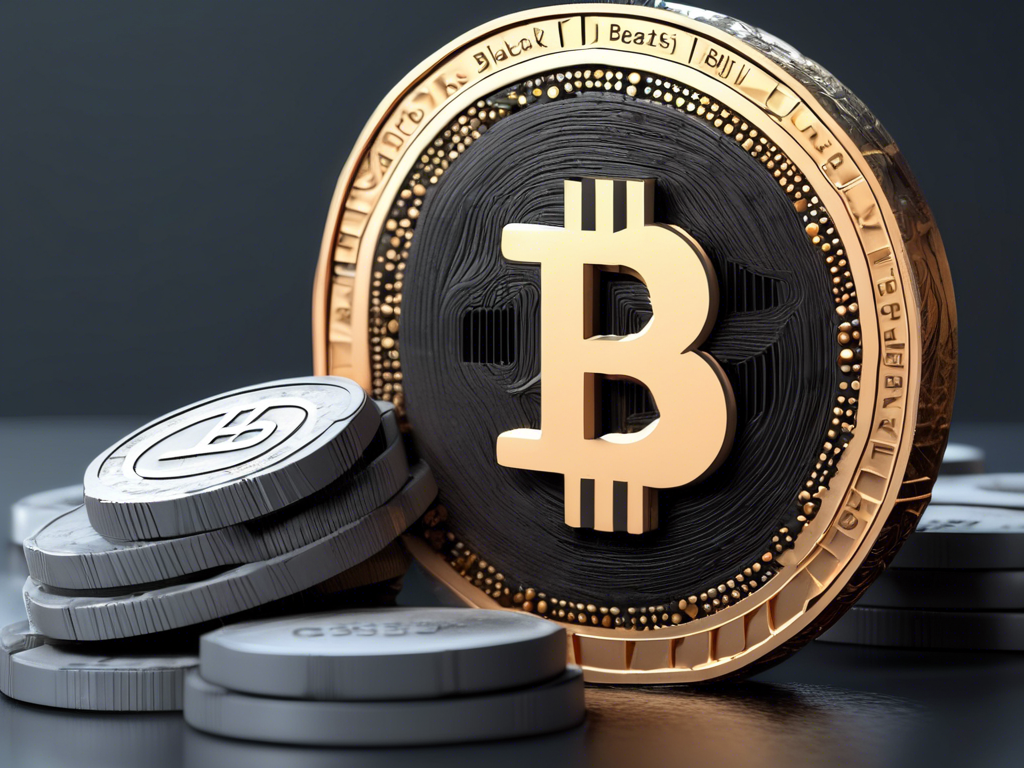Allegations of Biased SEC Practices Involving XRP and Ethereum
A leading pro-XRP attorney, Bill Morgan, took to social media to voice concerns over the Securities and Exchange Commission (SEC) allegedly showing favoritism towards Ethereum over XRP. He accused the SEC of practicing biased regulatory measures that benefit Ethereum at the expense of XRP.
Morgan’s Allegations Against the SEC
Morgan’s commentary highlighted what he referred to as “ETH Gate,” portraying the situation as a conspiracy against the XRP community. He pointed out that the SEC initiated an investigation into Ripple, XRP’s parent company, when XRP was the third-largest cryptocurrency by market capitalization, trailing only Bitcoin and Ethereum. He insinuated corruption within the regulator, particularly in light of the regulatory treatment disparities between Ethereum and XRP.
XRP Army Receives Support from CPAC Foundation
The accusations of biased actions by the SEC gained traction when the Conservative Political Action Conference (CPAC) Foundation joined the fray. CPAC intensified scrutiny around former SEC official William Hinman, who played a pivotal role in clarifying Ethereum’s regulatory status in a 2018 speech. The resulting decision favored Ethereum’s classification as a non-security, a significant milestone in the cryptocurrency industry.
CPAC’s Formal Complaints Against Hinman
The CPAC Foundation’s Center for Regulatory Freedom filed complaints with the New York and California Bar Associations, alleging unethical behavior and conflicts of interest during Hinman’s tenure at the SEC. The submissions underscored suspicions of ethical misconduct surrounding Hinman’s actions and affiliations while serving in a senior role at the SEC.
Concerns Over Hinman’s Affiliations and Actions
William Hinman’s career trajectory and associations have come under intense scrutiny. His transition from a partner at Simpson Thacher & Bartlett, a firm with ties to the blockchain industry, to the Director of the SEC’s Division of Corporation Finance raised questions about potential conflicts of interest. Notably, Hinman’s 2018 speech distinguishing Ethereum from securities occurred around the same time his former firm was involved with the Enterprise Ethereum Alliance (EEA).
Conflicts of Interest Allegations
The complaint against Hinman emphasizes the perceived conflict of interest, suggesting that his previous firm stood to benefit from Ethereum’s improved market position. This aligns with CPAC’s concerns that Hinman’s regulatory guidance could have influenced Ethereum’s market dominance to the detriment of XRP and other cryptocurrencies.
Ripple’s Ongoing Legal Battle and Ripple Labs
The ongoing legal battle involving the SEC and Ripple Labs has shed light on the disparity in regulatory treatment between Ethereum and XRP. Ripple’s XRP token was classified as a security by the SEC in late 2020, resulting in legal repercussions for the company. This regulatory discrepancy has fueled criticism from figures like Bill Morgan, who advocate for fair treatment of XRP in the cryptocurrency space.
Impact on XRP
At present, XRP is trading at $0.52907, reflecting the volatility and uncertainty surrounding the cryptocurrency amid regulatory scrutiny and legal challenges. The contrasting regulatory approaches towards XRP and Ethereum continue to influence market dynamics and investor sentiment within the crypto community.
Hot Take: Upholding Regulatory Fairness in the Crypto Space
In the pursuit of transparency and accountability, it is crucial for regulatory bodies like the SEC to maintain impartiality and fairness when overseeing the cryptocurrency market. The allegations of biased practices and conflicts of interest involving Ethereum and XRP underscore the need for clear regulatory guidelines that apply equitably to all participants in the crypto ecosystem.





 By
By
 By
By
 By
By

 By
By
 By
By